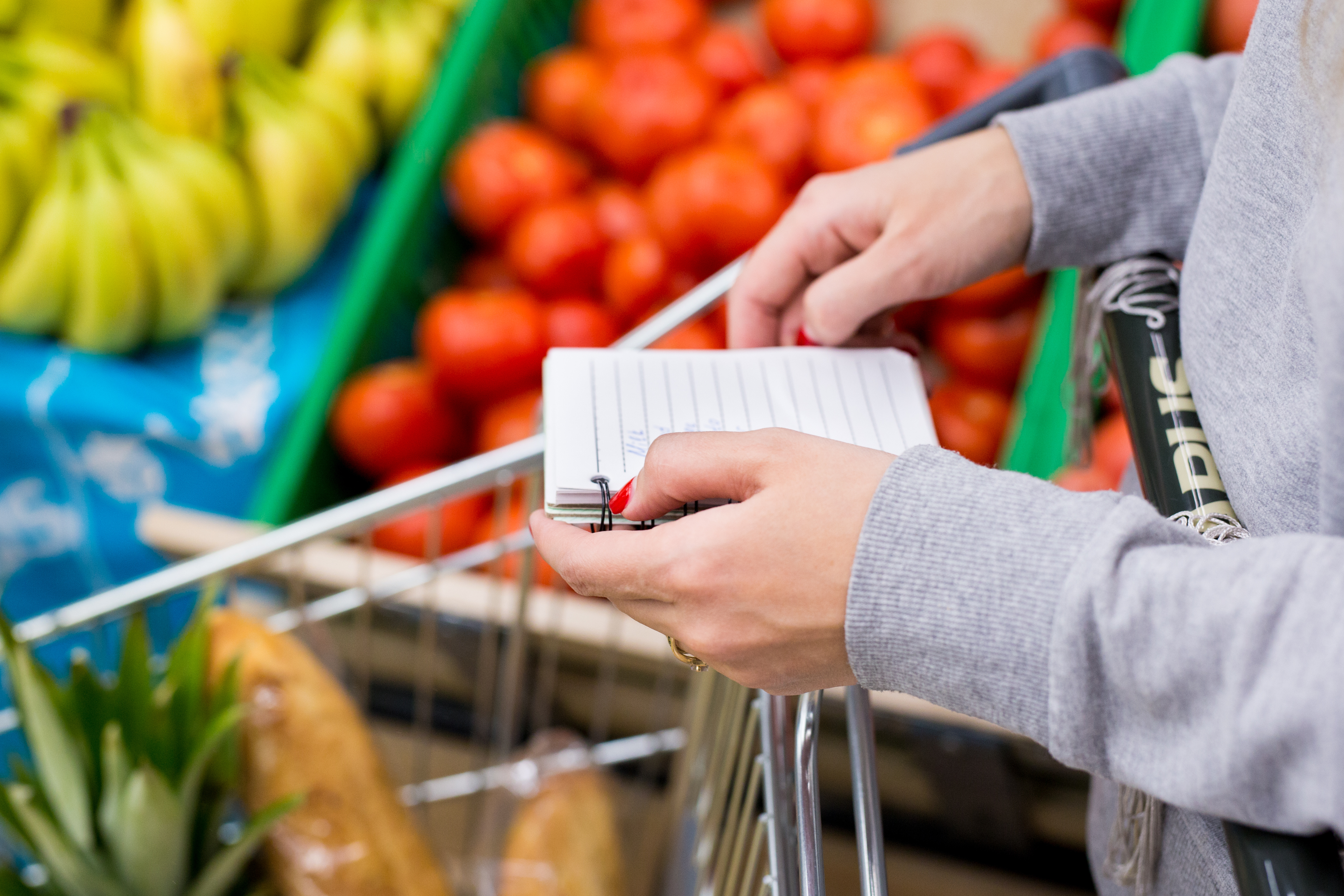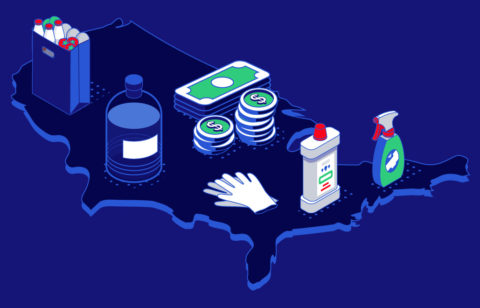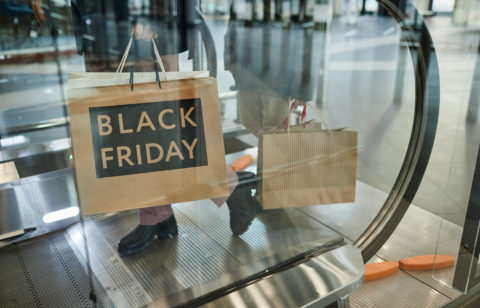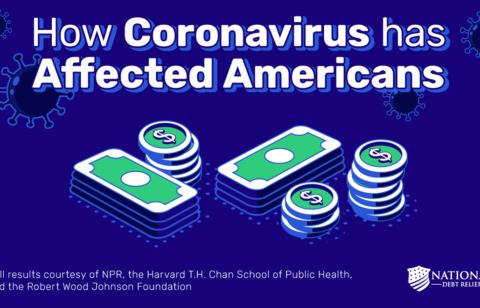Grocery prices can take a big bite out of your budget. Between busy schedules and ever-changing food costs, it’s easy to overspend without realizing it. The good news is that a few simple strategies can make your grocery trips more affordable. By planning ahead, choosing the right foods, and shopping smarter, you can keep your pantry stocked while keeping more money in your pocket.
1. Have a Plan
One of the best ways to save money at the store is to plan ahead. Start by writing out a shopping list based on the meals you want to cook for the week. Organizing your list by store section (produce, dairy, frozen, pantry) can help you move quickly and avoid wandering the aisles. When you stick to a clear plan, you’re less likely to grab impulse items that drive up your bill.
2. Stick to the Essentials
It’s easy to get carried away when walking through the store, but focusing on what you actually need for the week helps keep costs down. Before shopping, take a quick inventory of your pantry, fridge, and freezer so you don’t double up on items you already have. Buying only the essentials keeps your bill manageable and reduces food waste.
3. Buy Foods That Go a Long Way
Stretching your dollar is easier when you choose foods that are versatile, filling, and budget-friendly. Pantry staples like rice, pasta, and beans can be used in a variety of meals and keep well over time. Frozen vegetables and meats are also smart buys since they last longer and help reduce food waste. Stocking up on these basics can lower your overall grocery bill and make meal planning easier.
4. Shop Smarter with Pickup or Delivery
Many grocery stores now offer pickup or delivery options that can actually help you save money. Ordering online allows you to see your running total before you check out, which makes it easier to stay within budget. It also helps cut down on impulse purchases since you’re not walking past tempting displays in the store. Some retailers even offer discounts for first-time pickup or delivery orders, so it’s worth checking if your local store has those options.
5. Buy from Local Producers
Shopping locally can sometimes save you money while giving you fresher food. Farmers’ markets and community-supported agriculture (CSA) programs often offer seasonal produce at lower prices than big grocery chains. Buying directly from farmers also means you’re getting food that hasn’t traveled long distances, which can make it last longer once you bring it home. Plus, supporting local producers keeps more money in your community.
6. Compare Prices Before You Buy
Many stores display unit prices on shelf labels, showing the cost per ounce or pound. Checking these numbers helps you spot whether a larger package is truly the better deal. Taking a few extra seconds to compare can prevent overspending and stretch your budget further.
7. Use Store Apps and Loyalty Programs
Most grocery chains offer free apps with digital coupons, weekly ads, and rewards programs. Loading discounts before you shop can save a few dollars each trip, which adds up over time. Loyalty programs often track your regular purchases, so you’ll see tailored deals on the items you buy most often.
8. Don’t Shop Hungry
It sounds simple, but it works. Shopping on an empty stomach makes you more likely to toss snacks and extras into your cart. Eating before you go helps you stick to your list and avoid impulse purchases that raise your total bill.
Final Thoughts
Grocery shopping doesn’t have to drain your budget. With a little planning, smart choices, and an eye for long-lasting foods, you can make every trip to the store more affordable. Whether you’re sticking to the essentials, using online pickup, or buying from local farms, these small changes can add up to big savings over time.







